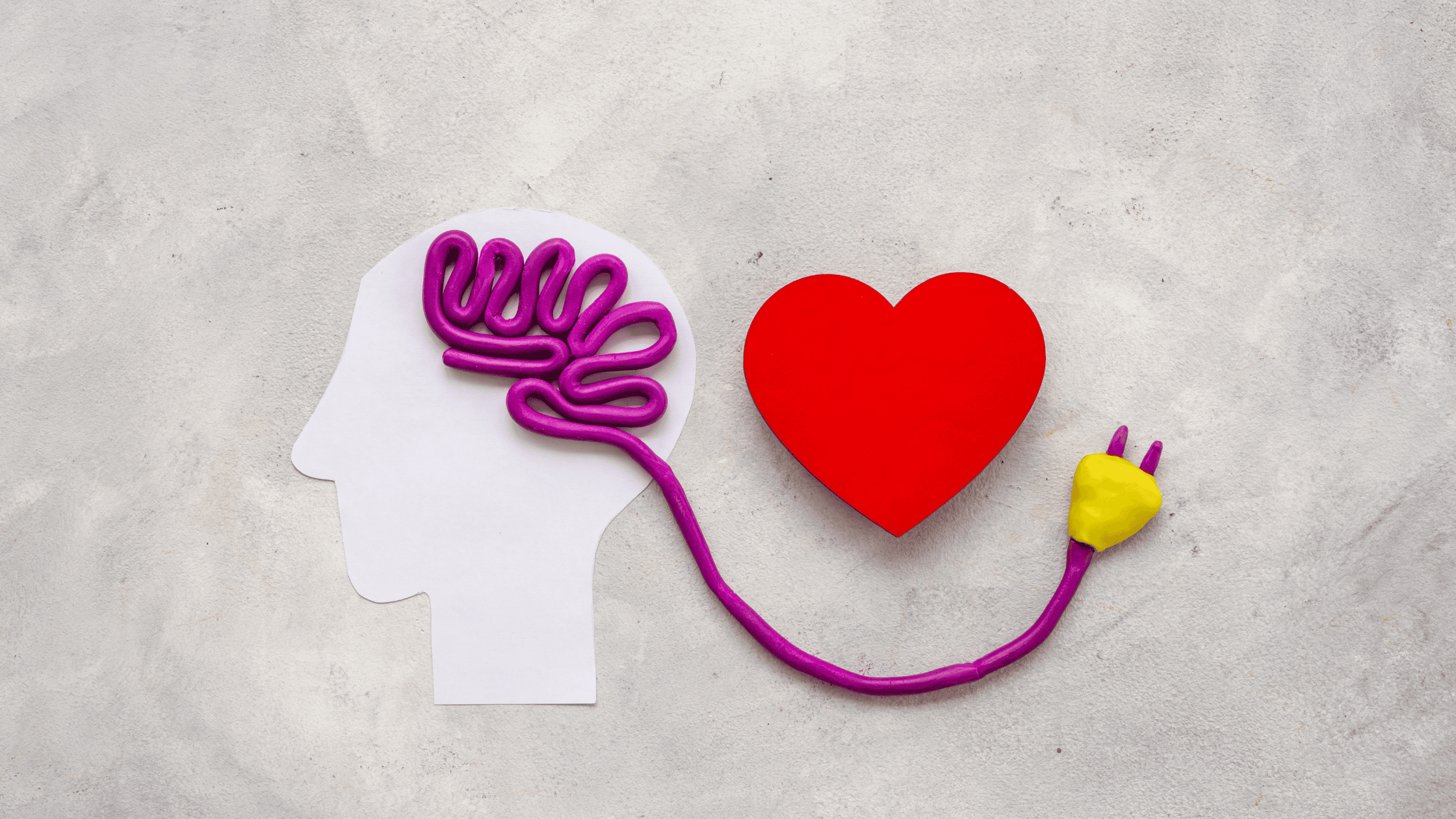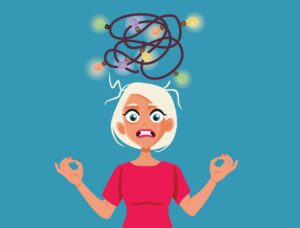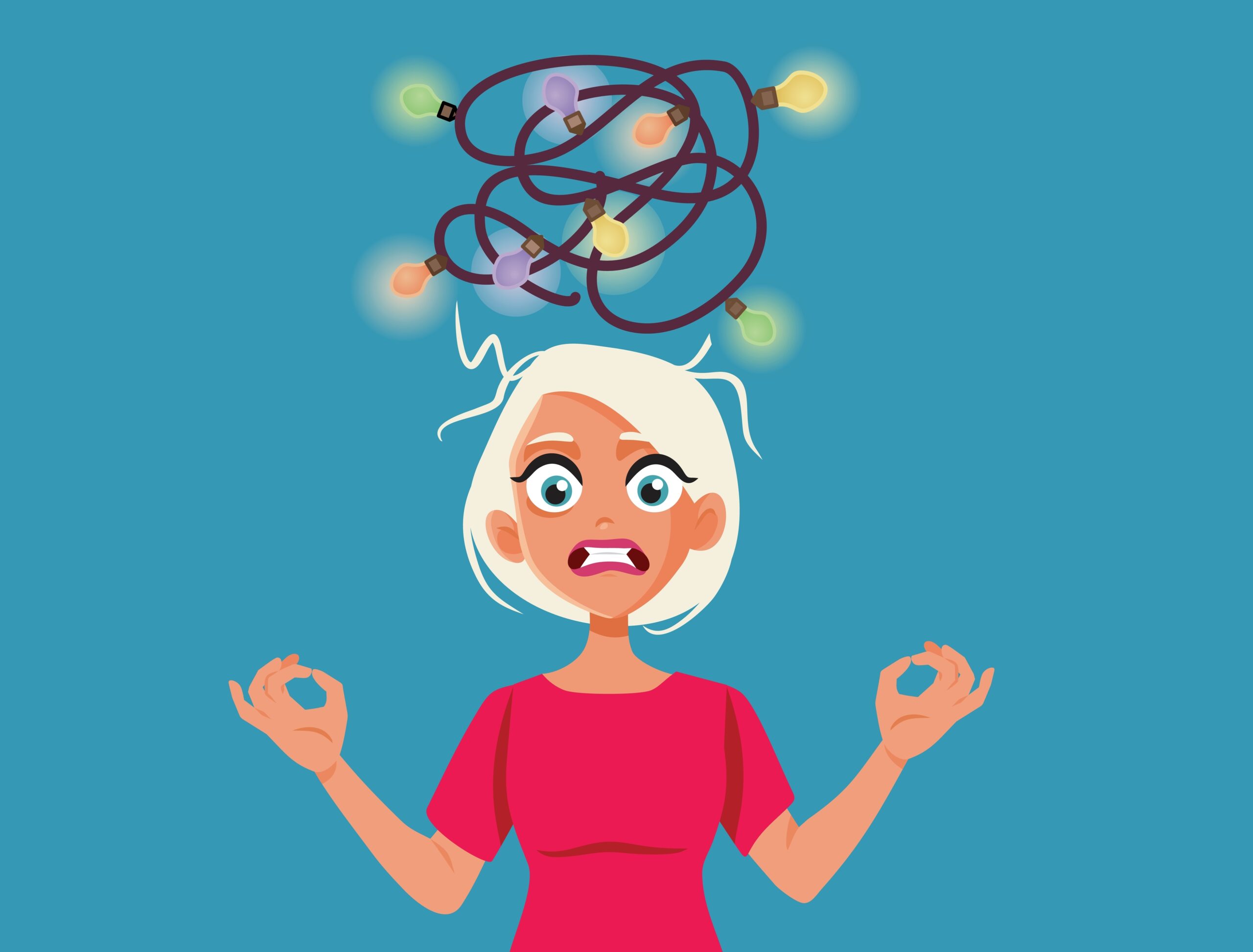Ever walked into a room and forgotten why you were there? That’s pretty normal, right? We all have those moments, but when memory issues become frequent, they can be concerning.
But as we age, dementia, or the impairment of our ability to remember, think, or make decisions, becomes more of a threat. Alzheimer’s disease is one form of dementia.
Alzheimer’s disease is more than just occasional forgetfulness; it’s a serious condition that affects millions. Understanding Alzheimer’s is crucial because knowledge empowers us to make positive changes.
June is Alzheimer’s and Brain Awareness Month—a perfect moment to better understand long-term brain health. By learning about Alzheimer’s, we can better support ourselves and our loved ones and take proactive steps for a healthier brain.
What is Alzheimer’s Disease?
Alzheimer’s disease is a brain disorder that slowly destroys memory and thinking skills. It’s the most common type of dementia, a general term for memory loss and cognitive decline.
Many people think rapid memory declines are t just a normal part of aging, but they are not. While some memory difficulties may be normal, Alzheimer’s is more than that. It’s a progressive disease that significantly impacts daily life. In the United States, about 7 million people are living with Alzheimer’s, and this number is growing.
Early symptoms often include difficulty remembering recent events, names, or places. As the disease progresses, symptoms can worsen, leading to severe memory loss, confusion, mood changes, and difficulty speaking, swallowing, or walking.
Early diagnosis and intervention can improve quality of life and provide more time to plan for the future.
How Does Alzheimer’s Disease Affect the Brain?
The brain is an amazing organ responsible for everything we do, from thinking and feeling to moving and remembering. It’s made up of billions of cells called neurons that communicate through electrical and chemical signals. These neurons form networks, allowing us to process information, store memories, and perform complex tasks. In a healthy brain, this communication system works seamlessly, enabling us to learn new things, make decisions, and maintain our sense of self.
In Alzheimer’s, neurons and their connections are damaged and destroyed, particularly in areas involved in memory and learning. This damage begins in the hippocampus, the brain region essential for forming new memories, and spreads to other areas. The buildup of abnormal proteins disrupts neuron function and triggers inflammation, further damaging brain cells. As neurons die, brain regions shrink, leading to memory loss, confusion, mood changes, and difficulty with everyday tasks. This progressive breakdown of brain function is what causes the symptoms of Alzheimer’s.
Recognizing Alzheimer’s Signs
Early signs of Alzheimer’s can include memory loss, difficulty planning or solving problems, and confusion with time or place. Some of this sounds like normal aging, right?
Yes, but it’s important to know the difference between the normal signs of aging and the troubling signs of Alzheimer’s. While forgetting names or appointments occasionally is normal, forgetting recently learned information or important dates more frequently could be a sign of Alzheimer’s.
Here are some common signs and symptoms to watch for:
- Memory Loss: Frequently forgetting recently learned information, important dates, or events.
- Difficulty Planning or Solving Problems: Trouble following familiar recipes, managing finances, or keeping track of bills.
- Confusion with Time or Place: Losing track of dates, seasons, or the passage of time and getting lost in familiar places.
- Challenges in Completing Familiar Tasks: Difficulty completing daily tasks such as driving to a familiar location, managing a budget, or remembering the rules of a favorite game.
- Trouble Understanding Visual Images and Spatial Relationships: Difficulty reading, judging distance, or determining color or contrast, which may cause problems with driving.
- Problems with Words in Speaking or Writing: Struggling with vocabulary, having trouble following or joining a conversation, or repeating themselves.
- Misplacing Things and Losing the Ability to Retrace Steps: Placing items in unusual places and being unable to go back over their steps to find them.
- Decreased or Poor Judgment: Making poor decisions with money or neglecting personal grooming.
- Withdrawal from Work or Social Activities: Avoiding social activities, hobbies, or work projects.
- Changes in Mood and Personality: Experiencing mood swings, becoming confused, suspicious, depressed, fearful, or anxious.
If you or someone you know experiences these symptoms, it’s essential to seek medical advice.
Alzheimer’s Support and Resources
If you or a loved one has Alzheimer’s, there are many resources available. Organizations like the Alzheimer’s Association offer support groups for both patients and caregivers, educational programs, and information on the latest research. These support groups provide a space for sharing experiences, gaining emotional support, and learning practical caregiving tips.
Self-care is crucial for caregivers. Caregiving can be demanding, and maintaining one’s own health is essential to providing the best care for one’s loved one. Consider joining a caregiver support group where you can connect with others facing similar challenges, share advice, and find emotional support.
Local community centers, hospitals, and online platforms also offer resources and support for both those living with Alzheimer’s and their caregivers. Staying positive and connected with others can make a big difference. Remember, you don’t have to face Alzheimer’s alone—there is a supportive community ready to help you every step of the way.
Keeping Your Brain Healthy
Maintaining brain health is something we can work on every day. It’s never too early or too late! Here are some practical tips to keep your brain in top shape:
- Regular Exercise: Physical activity increases blood flow to the brain and promotes the growth of new brain cells. Aim for at least 30 minutes of exercise most days of the week.
- Balanced Diet: Eating a diet rich in fruits, vegetables, whole grains, lean proteins, and healthy fats supports brain function. Foods high in antioxidants, like berries, and omega-3 fatty acids, like fish, are particularly beneficial.
- Mental Stimulation: Engage your mind with puzzles, reading, playing musical instruments, or learning new skills. These activities help build cognitive reserve and keep your mind sharp.
- Social Connections: Staying socially active reduces the risk of cognitive decline. Spend time with family and friends, join clubs or groups, and participate in community activities.
- Lifelong Learning: Continuously challenge your brain by taking up new hobbies, enrolling in courses, or exploring new subjects.
- Quality Sleep: Ensure you get 7-9 hours of good-quality sleep per night to help consolidate memories and clear brain toxins1.
- Stress Management: Practice mindfulness, meditation, or yoga to reduce stress, which can negatively impact brain health.
For overall health, including brain health, try the Fresh Tri app. It uses the neuroscience-backed Iterative Mindset Method™ to help you develop and sustain healthy habits for both body and mind.
Increase Brain Health with Fresh Tri
Understanding Alzheimer’s helps us take proactive steps for better brain health. Knowing the signs, keeping the brain active, and seeking support are key.
Remember, a healthy lifestyle supports a healthy brain. Fresh Tri can assist you in this journey with its Iterative Mindset Method™, promoting overall health through small, sustainable changes. Share this information with friends and family, seek help when needed, and embrace small changes for a healthier brain and life. Download the free Fresh Tri app to start making positive changes to your brain health today.
References
Namsrai, T., Ambikairajah, A., & Cherbuin, N. (2023). Poorer sleep impairs brain health at midlife. Scientific Reports, 13. https://doi.org/10.1038/s41598-023-27913-9













